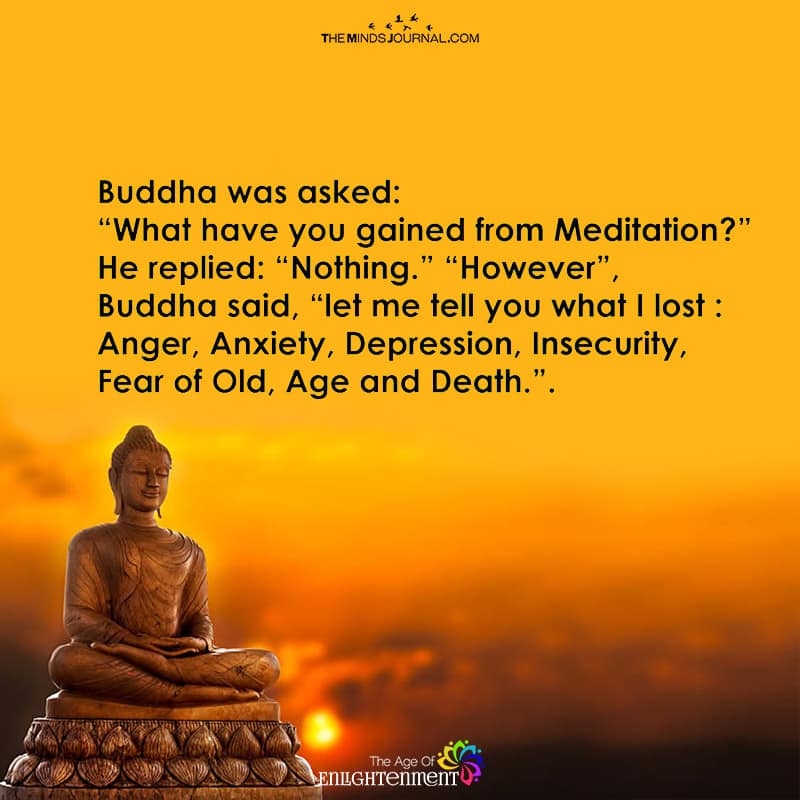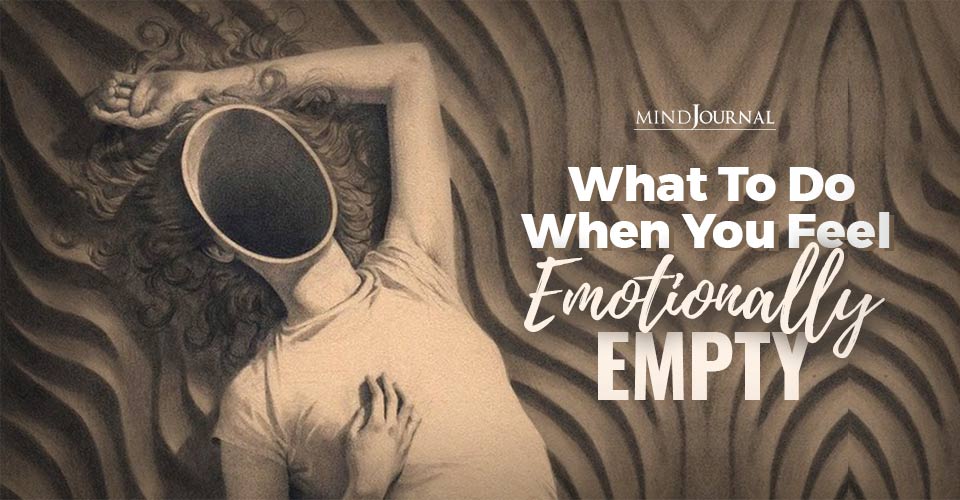Have you ever felt a certain emotional emptiness within yourself? Do you ever just feel…nothing? Maybe you have done everything you had wanted to, but still, there is this hollow feeling deep inside your heart.
It often happens that we start to feel a void after we had completed something or reached a goal. We had spent months preparing for an event – be it an exam, a competition, an important milestone in life, or at work, the possibilities are endless.
During that time, we were so committed and focused on the task at hand that we barely noticed just how much energy and emotions actually went into reaching that target. At an odd moment in the process, when it hit us just how tired we were, we told ourselves that as soon as the process has been brought to completion, we would relax, rest and enjoy life again.
Related: Emptiness Inside: Why You Feel Empty In Life & How to Fill It
But does that always really happen? The feelings of elation, success and complete joy usually don’t last very long. Instead of it we frequently feel empty, without purpose in life, and lost as to what to do next.
What can we do in those instances when we feel like we’re aimlessly meandering through life? How can we fight the depression that slowly creeps in and sometimes takes us over completely?
How To Overcome Emotional Emptiness

First of all, we have to realize that feelings of emptiness are completely normal after we had completed a physically strenuous or emotionally charged task. Even if it is something that we had been looking forward to. You know how you’re hoping for something to happen, and when it finally does, you think to yourself “This is it? Now what?”
Don’t stress about feeling the void, just accept it. No need to add anxiety to an already less than ideal state of mind. Mindfulness techniques can help you, as can meditation.
Second of all, examine the potential reasons for the emptiness you’re feeling. What are the real reasons you wanted to achieve what you had set out to achieve? Have you been completely honest with yourself about the expectations you had?
Third of all, explore the void inside you. Sounds stupid? The fact is, we tend to busy ourselves with a million different tasks just to avoid the feeling of emptiness. Usually, that emptiness has its root causes.
There is a reason why we feel it. Maybe it reminds us of past unresolved issues and situations. Therefore, understanding what it is all about will help us integrate the parts of our psyche we chose to suppress.
Related: 10 Signs Of Emotional Numbness and Ways To Recover
Finally, try to enjoy every day of your life. Focus on the little things that make you smile or happy or fulfill you. Life isn’t always about chasing big dreams and aiming high. Use the lull in your life to do things you have always wanted to but never found the time to do. Spent time with people you care about, allow yourself to do nothing at all, take a new class, travel, read, do whatever your heart desires.
Sooner or later you will be pulled back into the hectic pace of life and will look longingly at the time when you had nothing urgent to do.
Why am I feeling empty? Understanding the reasons behind the feeling of emptiness can be overwhelming, but what matters the most is this can be managed and it starts with you.
Written By Katarina Valentini Originally Appeared In Katarina K Valentini











Leave a Reply